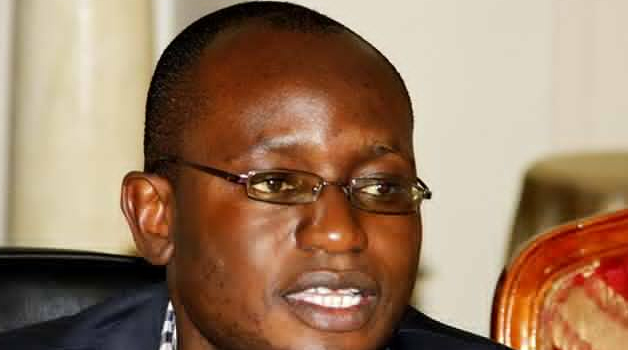By JAMES KUNDA –
CABINET has rejected a proposal by the Ministry of Works and Supply to construct a new State House for the Republican President and staff, and converting the existing structure into a museum.
The contention that led to the proposal was that the main administration building of the current State House, which was built in the early 1930s, had continued to deteriorate, posing potential health and safety risks.
It was further proposed that the building had limited office space for staff.
But at its 27th meeting held at the Mulungushi International Conference Centre in Lusaka yesterday, and chaired by President Edgar Lungu, Cabinet decided not to approve the proposal owing to limited resources and the country’s prevailing economic situation.
“Cabinet declined to approve a Ministry of Works and Supply memorandum proposing the construction of a new State House’s main administration building for use by the Republican President and State House staff, and refurbishment and conversion of the old State House into a museum.
“The proposal stated that the current State House’s main administration building was built in the early 1930s and due to passage of time, the structure has continued to deteriorate posing potential health and safety risks,” Special Assistant to the President for Press and Public Relations Amos Chanda said in a statement yesterday.
“Despite this situation, Cabinet decided not to approve the proposal in view of the limited resources and the prevailing economic situation in the country,” he added.
Mr Chanda also said Cabinet had approved the contraction of a US$275 million loan from the Industrial and Commercial Bank of China to support the design and construction of 2,350 housing units for security personnel.
The loan is intended to provide financial resources required for the full implementation of the project to mitigate the housing shortage within the security wings.
He said Cabinet approved that future project financing would be negotiated to cover 100 per cent of the cost, and that the Ministry of Finance would source the 15 per cent advance request on contracted and negotiated loans through bridge financing facilities.
The decision arose because some loans contracted consisted of concessional, non-concessional and bond financing.
Concessional and non-concessional export credits from the Chinese government typically finance only 85 per cent of the total project cost, with the remaining 15 per cent funded by the Government through advance payments.
Cabinet also approved the phasing out of incandescent bulbs, which are energy inefficient, and importation of the products has been banned with effect from January 1 next year.
Cabinet approved the appointment of nine people as members of the Zesco Board of Directors which was dissolved this year.
Mr Chanda said Cabinet approved the contraction of a $65 million loan from the World Bank to support the implementation of girls’ ducation, women’s empowerment and livelihood projects countrywide.
This is part of Government’s way of adhering to its promise of girls and women empowerment as stipulated in the National Gender Policy.
Cabinet also approved the formation of a Public Private Partnership (PPP) to build, operate and transfer 86 kilometres of the road from Chalwe to Mwenda bordering Luapula and Katanga provinces.
The PPP would be reached between the Zambian Government, Groupe European de development Congo (DRC) and Groupe European de development Zambia.
The project scope includes modernisation and expansion of 182 kilometres of road way, construction of two one-stop border posts with parking and warehouse facilities, and a 345-metre cable-stayed bridge.
It will also include the building of four toll collection stations and an airstrip.
Cabinet took note of the information that the Department of Immigration had been moved from the Public Service Commission to the Police and Prisons Service Commission.
The migration was necessary to enhance operational efficiency as matters relating to staff appointments, confirmations, promotions and retirements would be speeded up.
“Cabinet took note of the calendars for Cabinet and Cabinet committee meetings for the year 2016, as it is important that Cabinet and Cabinet committee business should be conducted in a systematic manner,” Mr Chanda said.







